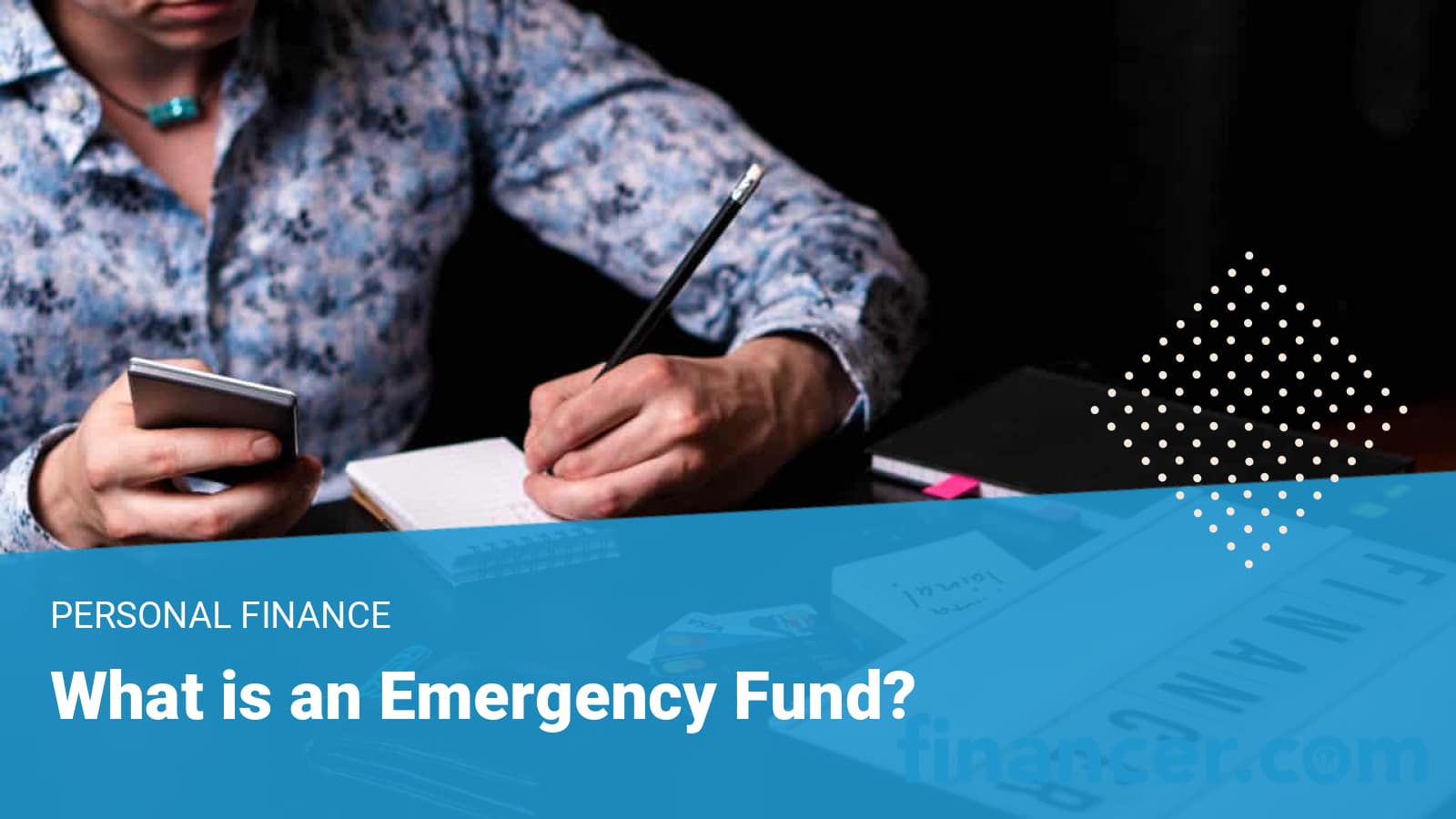The term “emergency fund” refers to savings that people can use to cover unexpected expenses or to provide a buffer in times of financial hardship.
The purpose of an emergency fund is to improve financial security by creating a safety net that can be used to cover unforeseen expenses such as illness or home renovation.
The assets in an emergency fund are typically cash or other highly liquid assets.
An emergency fund reduces the need funding from high-interest debt options such as credit cards or unsecured loans. It also provides a buffer for future financial security as it can keep you from having to reach for retirement funds.
Understanding Emergency Funds
The process to set up an emergency fund is straightforward. It involves putting aside money to be used in times of financial difficulties.
This may include losing your job, a devastating illness, or major home or car repair.
How Much Emergency Fund Should I Have?
The ideal balance for an emergency fund depends on many factors. These include your personal financial situation, expenses, lifestyle, and debts.
Many financial advisers recommend that you save enough to cover your expenses for three months or more, which can help you get through modest health care bills or short-term unemployment.
However, some experts make the case for an even larger emergency fund.
Celebrity finance guru Suze Orman, for example, suggests an emergency fund that can support up to eight months’ worth of expenses.
The recent COVID-19 pandemic is a clear reminder of just how sudden and deep an economic crisis can be.
Individual circumstances will also dictate the level of savings that makes each person comfortable. For example, a single adult with no children may be content with three months of expenses in an emergency fund, while a single-income family may want to hold six months or more.
Research shows that many Americans are significantly short of the recommended range.
In fact, a 2019 Federal Reserve survey found that only 63% of Americans would be able to cover an expense of $400 or more with their cash or cash equivalents.
If you live paycheck to paycheck, you can start with a more modest goal such as contributing 2% of your net income to an emergency fund. Getting started with an emergency fund is important and then you can slowly increase your contributions over time.
Even a modest safety net will provide some time and peace of mind if you face an unforeseen financial crisis.
Important: It might seem tempting to use your emergency fund for incidental purposes, but it is best to use the funds only when absolutely necessary.
How to Start an Emergency Fund
Set aside a comfortable amount every month
First, calculate your monthly living expenses. Then determine the desired number of months you want your emergency fund to cover. Multiply these two numbers together and you have a goal for your savings! It can be helpful to set up a new account specifically for your emergency fund.
You can then redirect some of your paycheck – for example by setting up an automatic transfer – to that account each month. After you have reached your emergency fund goal, invest the extra savings for other long-term goals, such as a down payment on a mortgage or retirement.
Save your tax refund
It is tempting to think of a tax refund or stimulus check as extra cash for discretionary expenses. Instead, consider directing all or a portion to your emergency fund to build an additional financial cushion.
It is important to create an emergency fund before venturing into more volatile investment vehicles like stocks or bonds.
While stocks and bonds offer greater long-term growth potential than cash and cash equivalents, their value could suddenly fall in the event of an economic downturn, as the coronavirus crisis has clearly shown.
If you need to access money when stocks or bonds have dropped in value, you could be forced to sell at an inopportune time. An emergency fund protects your portfolio against this risk.
We want to hear from you. Do you have an emergency fund? Are you hoping for the best but prepared for the worst? Comment below.
Sources
- Vanguardaccessed on July 20, 2022
- Suze Ormanaccessed on July 20, 2022
- U.S. Federal Reserveaccessed on July 20, 2022
- Chimeaccessed on July 20, 2022
- Experianaccessed on July 20, 2022



